Through media support project funded by the European Union, journalists from eight media benefited from training and coaching on the management of online platforms. Their best web productions on gender were awarded on December 7. It was an opportunity to recall the role of media in the fight against gender-based violence.
Funded at more than one million euros over a period of 24 months, the European Union media support project has as theme “strengthening Burundian media to support the process of democratization, reconciliation and rule of law.” It is implemented by Radio La Benevolencija and Fondation Hirondelle NGOs.
Through this project, there was, on December 7, the award ceremony for the best web productions dealing with gender-based violence, fact-checking and online community management. The competition was organized after more than a year of support on the use and management of online platforms provided by Yaga bloggers collectivity and supported by La Benevolencija.
“Media plays an important role in the fight against gender-based violence. This is done through subjects they cover, but also the way they stick to them,” says Mitterrand Ndayegamiye, director of Ijwi ry’Umukenyezi (the voice of women) community radio station.
He appreciates that Burundian media dare to denounce a few kinds of violence against women and girls. He acknowledges that various media are investing more in the treatment of subjects on gender-based violence: “Some years ago, we could not read or hear stories about violence against women and girls. Today, we see that there are elements of reporting that appear in newspapers.”
However, he adds, this is done in a way that is not really satisfactory: “Media shows the suffering of women. They must approach such subjects in another way, showing women who succeeded in combating this violence, through testimonies collected from women leaders. This could help improve the image of women.”
For him, when a woman is shown suffering, other women may think that it is part of women’s daily lives: “There are women leaders who dare to fight for women’s rights and it is this kind of format which must be multiplied in the media.”
He calls on Burundian journalists, men and women to fight against gender-based violence: “It hurts to hear that there is a woman who has been deprived of her rights and that it goes unreported, as if nothing happened.”
For Burundian Women Journalists Association (AFJO) president, Diane Ndonse, the information processed by media on gender-based violence is not really satisfactory insofar as it does not reach victims.
She regrets that the majority of the Burundian population, especially rural population, does not have access to information. Thus, according to her, it is necessary to sensitize women to seek information through different information channels.
For her, media must deal with information that interests these women, especially rural women, and which talk about violence against women and their rights.
Diane Ndonse regrets that some media do not have financial means to investigate and monitor gender-based violence.
Call for daily productions on gender-based violence
“Journalists cannot dissociate themselves from the fight against gender-based violence. Our deep wish is that these efforts be daily, systematic to encourage positive initiatives in favor of women and girls, especially those who are victims of these barbarisms,” said Thierry Kitamoya, assistant to the Minister of Communication, Information Technology and Media.
For him, media must denounce any act degrading women as well as sexual violence inflicted on women both in Burundi and elsewhere.
He appreciated that this project aiming at “strengthening Burundian media to support the processes of democratization, reconciliation and the rule of law” contributed to changing attitudes in media, particularly through the promotion of best productions on gender-based sexual violence.
On his side, La Benevolencija head of mission, Nestor Nkurunziza, welcomes the fact that women continue to integrate media: “There were times when we had very few women in the media. Today, we have many more women involved in the media. Among women, we have media directors and chief editors.”
For him, media can play the role of watchdog and make known the rights of the concerned starting with women: “No one can take an amplified action in this country without going through media. The press is the fourth power.”
He recalls that media can encourage institutions such as the National Assembly and the Senate to pass laws protecting women in addition to monitoring the government action.
“The media sector is not spared from gender-based violence”
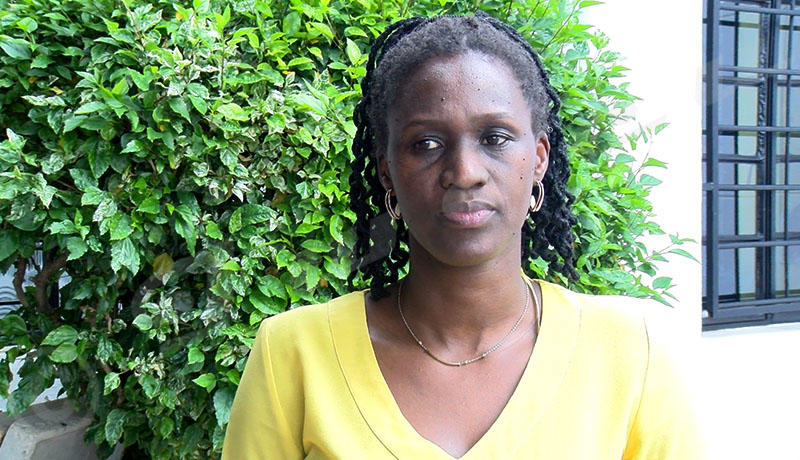
“AFJO carried out a survey in November this year. We have noticed that gender-based violence, in particular sexual harassment, is a reality in media,” says Diane Ndonse.
According to AFJO president, more than 39% of respondents said they know colleagues who have been victims of sexual harassment and 17% say they have suffered sexual harassment themselves: “These statistics are overwhelming. The taboo nature of the phenomenon explains that the reality undoubtedly goes beyond what was declared on the survey questionnaire used.”
She explains that perpetrators of such kind of violence are among media managers, employers, colleagues and resource persons. She calls for a change of mentality.
Diane Ndonse recalls that AFJO has implemented a code of conduct with media managers in collaboration with the Ministry of Communication and Media: “This code of conduct has a list of strategies that must be followed in the media, for example, put surveillance cameras in the offices, put transparent windows, leave the door open when a person enters the chief’s office.” She hopes that this code of conduct will help protect journalists against sexual harassment.
“It is deplorable that journalists experience sexual harassment in their workplaces. Media should serve as a good example in society,” says Mitterrand Ndayegamiye.
He advises journalists to avoid conducting an interview behind closed doors when they meet an informant.
What is the role of social networks?
“Social networks are becoming unprecedented spaces for interaction, strengthening democratic practices around the world and are an excellent communication opportunity,” underlines Thierry Kitamoya.
He deplores that abuses are becoming more and more numerous on social networks: “People put on social networks what they want, regardless of its veracity or its nuisance. The sense of responsibility is no longer controlled by professional editorial teams.”
He reminds that following misinformation and manipulation of consciences, the consequences on communities or individuals are sometimes devastating.
For him, information and communication professionals must invest fully in social networks by giving verified information, useful to society to correct and reframe misinformation: “The more professional and credible media will be present on the web, the less there will be false information and harmful manipulations.”
He asks the European Union to extend its support to more media: “We will explore with Benevolencija means of extending this project for the future in order to ensure the sustainability and generalization media strengthening.”
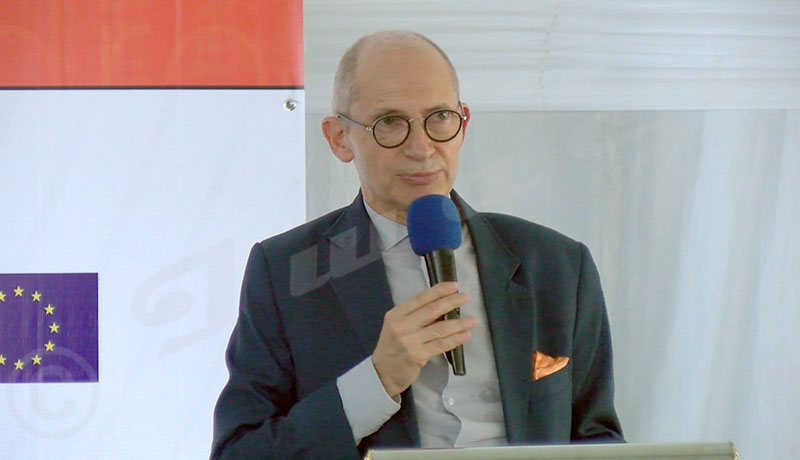
According to the European Union Head of Delegation in Burundi, Ambassador Claude Bochu, Burundi is not immune to the challenges linked to the emergence of social networks: “Today, many young Burundians are connected to social networks, unique platforms for innovation, creativity and opportunity.”
For him, it is important that online media are responsible and publish content that is verified and adapted to local audiences: “Disinformation kills more than a prank.”
He hopes that the new Burundian media freedom law being prepared will devote at least one chapter to online media regulation.
Ambassador Claude Bochu recalls that in April 2022, the European Union adopted a new regulation “Digital Service Act” which makes it possible to better combat the abuses of social networks such as hate speech, the sale of counterfeit products and disinformation campaigns.
He appreciates that the European Union Media Support Project implemented by Radio La Benevolencija has taken the lead in initiating online media trainings.
The media support project aims at supporting media so that they can play their roles in the process of democratization, reconciliation and dialogue.
The 11 beneficiary media of this project are Iwacu newspaper, Radio Isanganiro, Jimbere, Mashariki TV, Umuco Fm, Rema Fm, Radio Culture, RTNB, Radio Ijwi ry’Umukenyezi, Radio TV Buntu and Radio Izere Fm.
It’s important to recall that through this project, the Gender and Media Prize was set up last year. On May 10 this year, it rewarded the journalistic productions of 5 Burundian journalists on the gender-based violence theme.
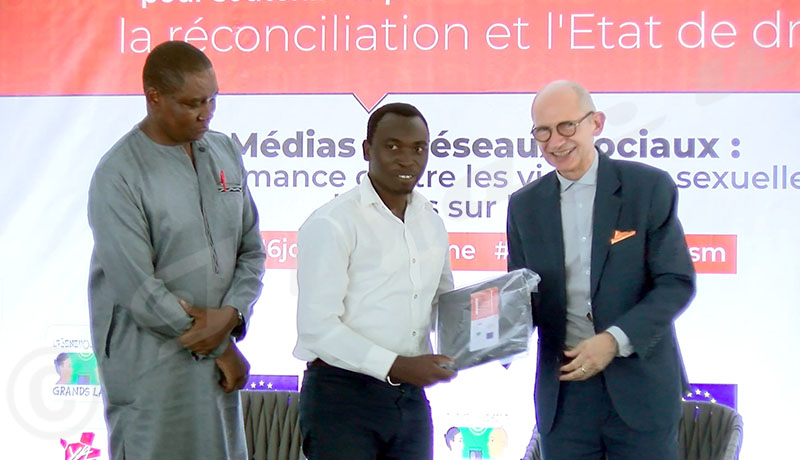
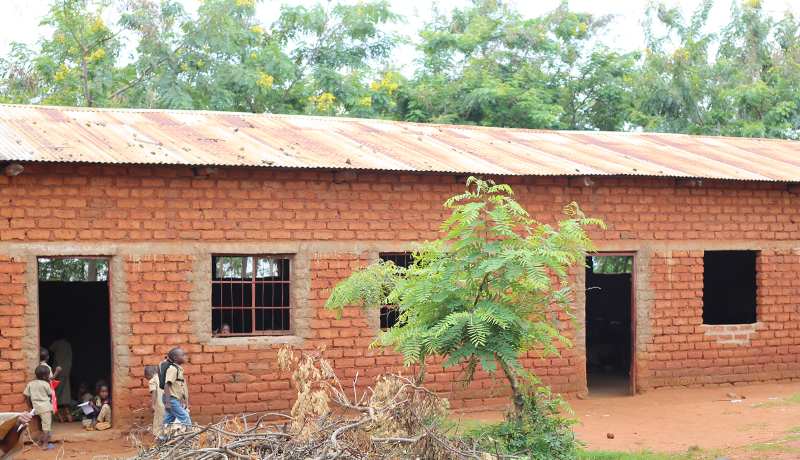
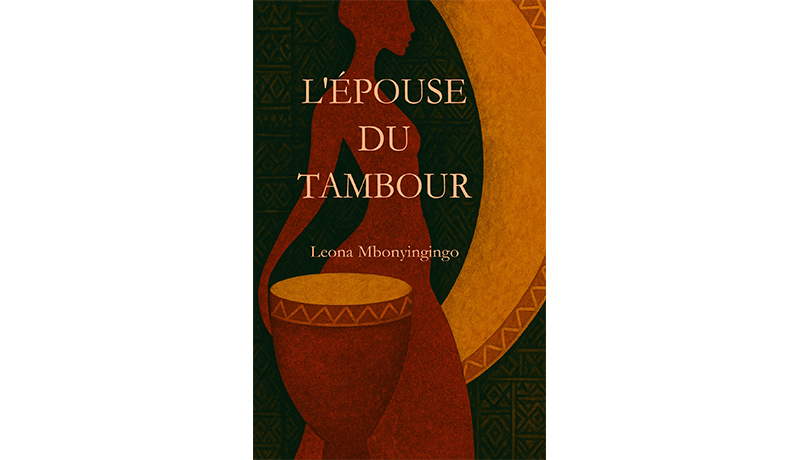
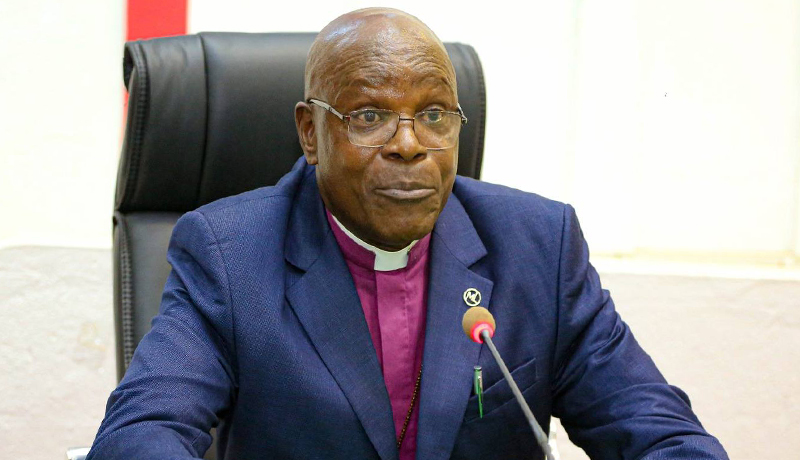

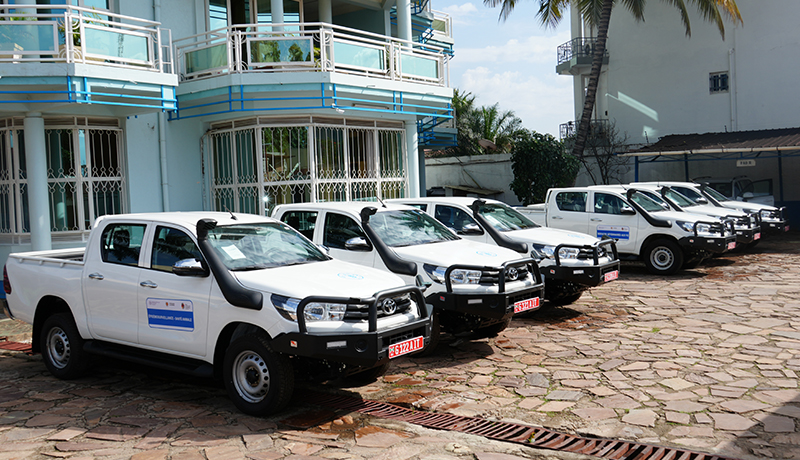
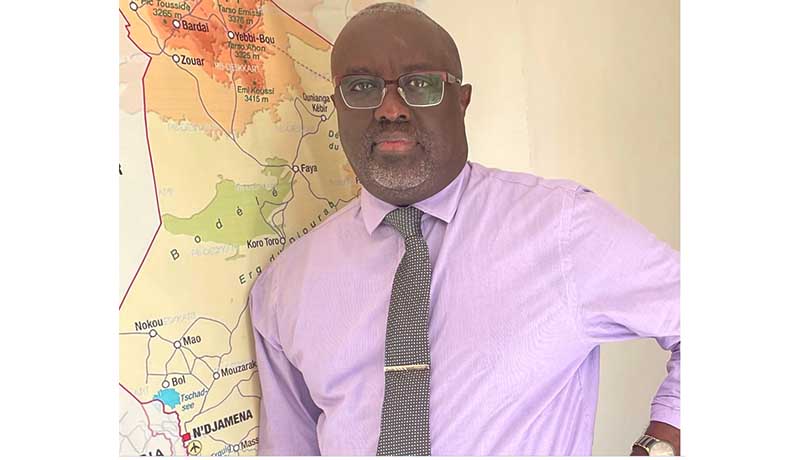
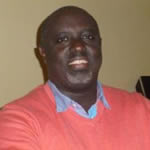

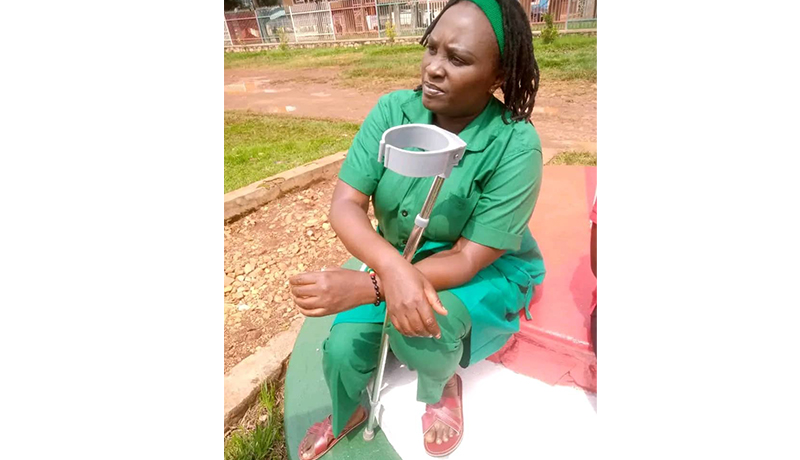








Why should a foreign ambassador tell us what to do in our country?We know how to manage ourselves.No need for foreign advisors.They should spare their money and stop wasting their time.We are adults!